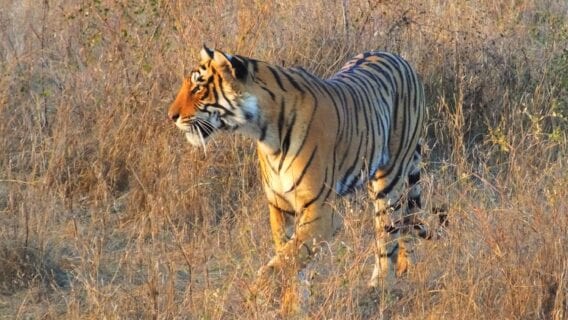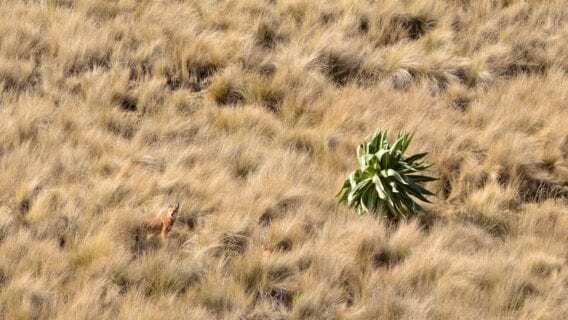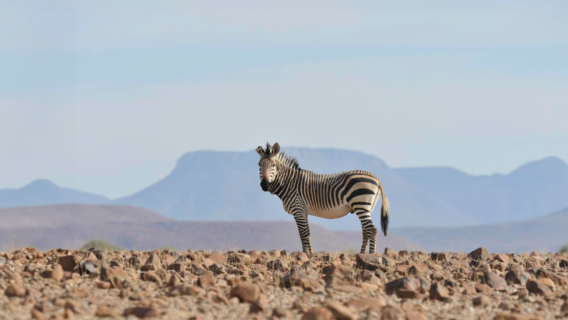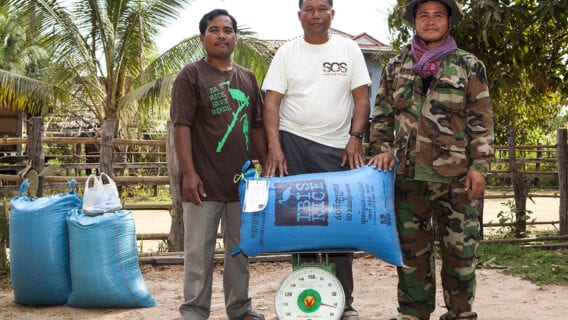Funding rapid action to combat invasive alien species in Europe
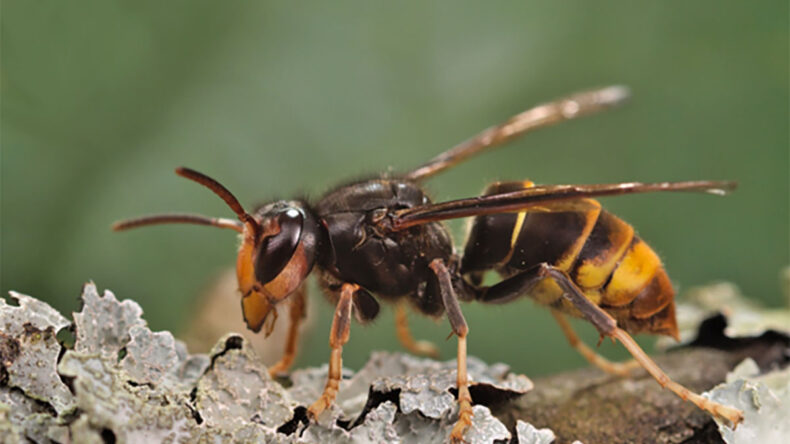
Invasive alien species remain one of the biggest causes of biodiversity loss and species extinction. These non-natives animals, plants or microorganisms are introduced into places outside of their natural range, negatively impacting native biodiversity, undermining ecosystems services and even harming human wellbeing. As a result, they also cause adverse impacts on economies, with impacts from IAS in the European Union estimated to cost around USD 28 billion.
In response to the rising threat of invasive alien species, IUCN is launching the European Invasive Alien Species Rapid Response Fund. Co-funded by the European Union, this 2,100,00 EUR initiative aims to prevent the establishment and spread of invasive alien plant and animal species across Europe by facilitating rapid eradication measures.
Given the importance of prevention and rapid detection of IAS as the most effective and cost-efficient response, the initiative provides funding, technical expertise and capacity building to support frontline conservation organisations to take rapid action. In this vein, the Fund directly supports implementation of the EU Invasive Alien Species Regulation, which includes a set of measures for EU member states to implement early detection, rapid eradication and management measures to combat IAS.
IUCN and its partners have long supported the European Union with technical and scientific support for implementing its regulation to mitigate IAS, including guidance on surveillance, management and updated lists of IAS of concern and their ecological characteristics. Through an ongoing call for proposal for IAS conservation projects, the European Commission’s new Fund will provide rapid action grants to support conservation actors to respond quickly to new IAS incursions and minimise their impacts on local biodiversity, ecosystem services and human wellbeing.
As part of IUCN’s Save Our Species conservation action, the three-year initiative will strengthen conservation actors’ capacity by providing a platform for funded partners to exchange with IAS detection and management experts; and share knowledge, solutions and lessons learned with a growing practitioner community. Knowledge and conservation efforts supported by the Fund will provide support for all European actors working towards the understanding and management of invasive alien species in Europe.
“Invasive alien species present one of the greatest threats to biodiversity, and IUCN has long supported the EU’s regulation to mitigate their spread. Ambitious action to better understand and manage invasive alien species is critical to preserving native biodiversity, and with it the precious ecosystem services on which we all rely. In implementing the new European Invasive Alien Species Rapid Response Fund, IUCN will combine its longstanding expertise on IAS control with its Save Our Species conservation action mechanism, bringing efforts to protect Europe’s most threatened species to a new scale,” said Dr Grethel Aguilar, IUCN Director General.
Call for proposal opening in June 2025
IUCN will launch an ongoing call for proposals for the European Invasive Alien Species Rapid-Response Fund in June 2025. IUCN invites projects of up to 12 months which target invasive alien plant or animal species, including macroalgae, in EU countries*. Grants from EUR 10,000 to EUR 50,000 will be awarded for successful projects. The project must directly address a recent introduction of an alien species at an early stage of invasion that has a high risk of spreading in the near future, resulting in negative impacts to biodiversity and related ecosystem services.
The recording of the information session held on 24 June 2025 is available here:
View the recording
* EU overseas countries and territories are not eligible, except for the Canary Islands, the Azores and Madeira.

